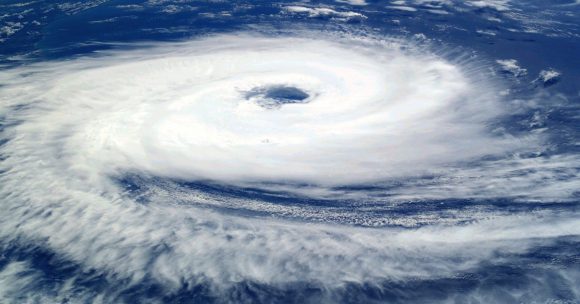Not long after Hurricane Helene, the US is now bracing for Hurricane Milton and its aftermath with supply chains set to be heavily affected.
Millions of people have evacuated their homes in Florida, as the track of Hurricane Milton, classified a catastrophic category 5 storm, remains uncertain. The Institute for Supply Management says supply chains have already been heavily affected by Hurricane Helene.
Hurricane Helene proved disastrous when it made landfall last week. The deathtoll surpassed 230. This was a category 4 hurricane.
Companies like Amazon and Walmart rallied behind those affected by this hurricane.
Sara Saberi, Ph.D., associate professor of operations and industrial engineering at Worcester Polytechnic Institute says: “If Hurricane Milton hits Florida as forecast, major ports in Florida could experience severe damage, affecting imports and exports.”
Second hurricane to create chaos for logistics
Saberi says Hurricane Milton will likely delay shipments of key materials and consumer goods, impacting national supply chains.
This is the ninth hurricane of the 2024 Atlantic hurricane season.
The National Oceanic and Atmospheric Administration (NOAA) in an update on Tuesday about Hurricane Milton says: “The storm exploded in strength and intensity at near record pace becoming one of the most intense hurricanes on record in the Atlantic basin.”
The organization adds that despite fluctuations in the strength expected in the coming days before landfall, Hurricane Milton remains an extremely dangerous hurricane.
Above normal activity
Ahead of hurricane season, the NOAA predicted above normal hurricane activity in the Atlantic basin this year.
The Atlantic hurricane season is June through to November. The weather phenomenon can disrupt the supply chain in various ways.
In July, Hurricane Beryl made landfall in Houston, Texas, leaving a trail of logistics challenges. There were reports of flooding of highways and the closure of oil ports.
Logistics companies and other businesses in Houston raced to bring operations back to normal.
What can logistics companies plan ahead for weather disruptions?
- Maintain a stockpile of essential goods and supplies to ensure continuity of operations during and after a storm.
- Establish relationships with multiple suppliers and carriers to reduce dependency on a single source.
NOW READ: How shippers can keep the supply chain moving in hurricane season
Photo Credit: Canva
About the author
Sharl is a qualified journalist. He has over 10 years’ experience in the media industry, including positions as an editor of a magazine and Business Editor of a daily newspaper. Sharl also has experience in logistics specifically operations, where he worked with global food aid organisations distributing food into Africa. Sharl enjoys writing business stories and human interest pieces.










